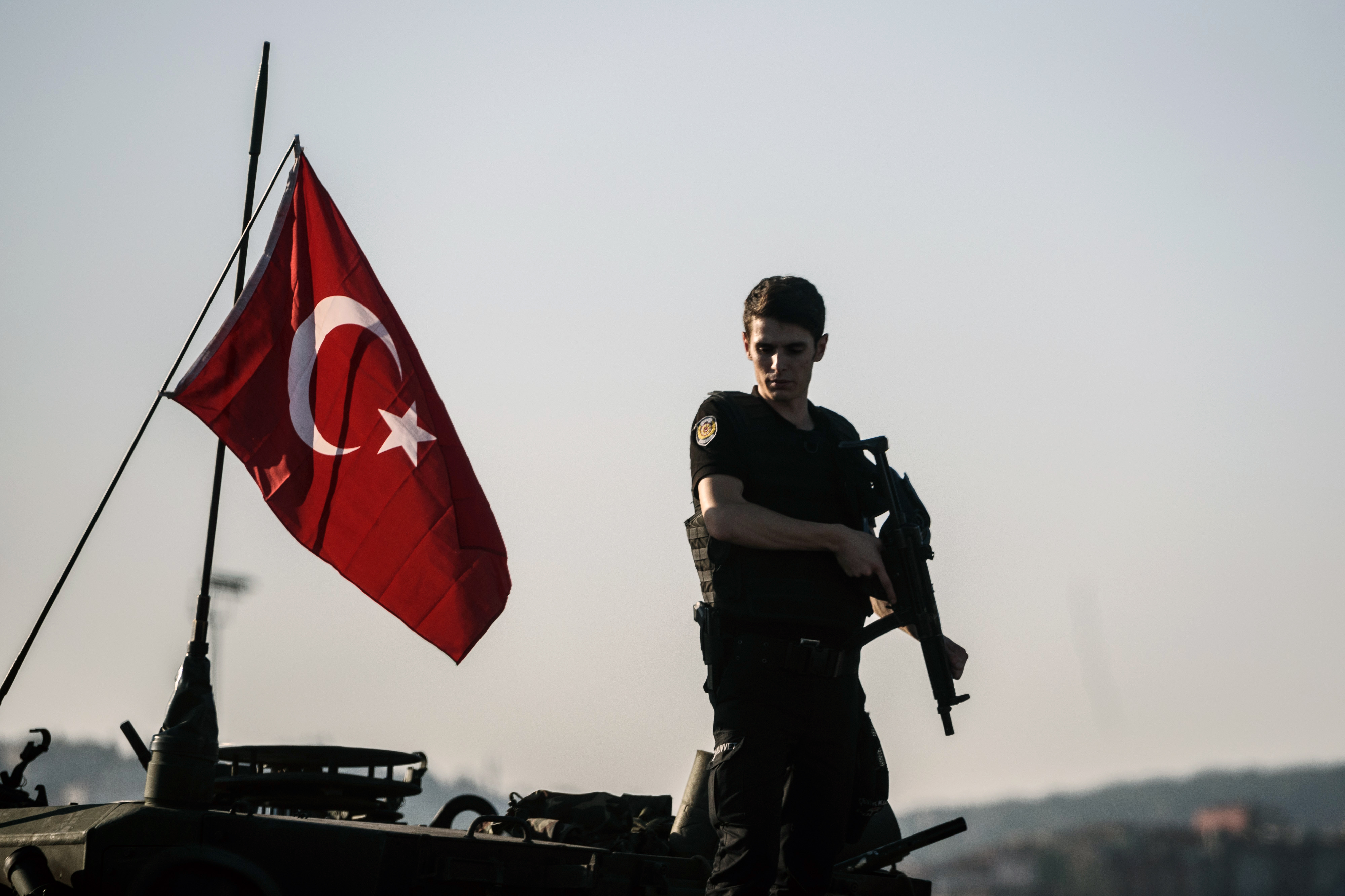Analysis of a failed putsch
The attempted coup d’état in Turkey was characterized by various oddities. An evaluation of the forces involved and of developments in international relations. Internally Erdogan is stronger, at least in the short term. Tensions on the international scenario are likely to increase, but the same principle could apply, provided that the “sultan” of Ankara doesn’t play to the edge

The attempted coup d’état in Turkey was characterized by various oddities. Some observers attribute the failure of the coup and most of its strangeness to superficiality and lack of preparation of the putschists. Others speculate that the military rebels have been driven to action by much more powerful actors who at the last moment would have left them at the mercy of a predictable failure. Whatever the truth, some facts are indisputable and these can serve as a point of departure to envisage Turkey’s future course.
First of all, there are direct consequences at individual level.
The failed coup left almost three hundred dead, including civilians and military. The restoration of order, which increasingly resembles a veritable revenge, has led to the arrest of approximately six thousand people so far. Among these figure nearly three thousand judges, including members of the organs equivalent to our Supreme Judicial Council and the Council of State. A situation of such proportions is evidence of a split society. Erdogan can count on many supporters, but his increasingly intolerant attitude towards the opposition, his will to ensure that every decision-making position is held by his loyalists, his intention to amend the Constitution to the benefit of presidential powers, so as to concentrate power in his own hands, have produced strong tensions.
After what happened past Friday, it is widely expected that at internal level Erdogan – who emerged stronger from his victory against the coup leaders, taking advantage of the massive purges already underway – will drive Turkey towards a form of authoritarianism, backed by Islamist ideology inspired by the Muslim Brotherhood and by extremely disadvantageous electoral regulations for minority groups.
At international level, the fact that Erdogan immediately pinned the blame on Fethullah Gulen as chief instigator of the coup, asking the U.S. to extradite his adversary living in Pennsylvania, thereby implying that Washington was an accomplice of the insurgent military, shows that Turkey-U.S. relations have reached the lowest point of the past decades. Erdogan did not appreciate the rapprochement between Russia and the United States in the fight against ISIS, the heavy criticism for having allowed thousands of European Islamic fundamentalists flee to Syria, the Western world’s instrumental support to the Kurds in fighting ISIS. He believes that Turkey is being cornered by the US, and Obama’s silence Friday night, until the coup was foiled, has reinforced this impression. Against this scenario, it is expected that U.S.-Turkey relations might get worse.
Erdogan will sell Turkey’s cooperation in every field at a high price, and he likely to assert his Country’s geopolitical role with even less qualms. The same dynamic can be expected to occur in the relations between Turkey and other European countries, owing to the fact that Friday night none of them hastened to show support to Erdogan with public statements.
Europe needs Turkey for crucial issues such as the fight against ISIS, the war in Syria, and the ensuing refugee-crisis. Erdogan is aware of this and he will try to take advantage of the situation. But he has to be careful not to play at the edge. European Countries are far from having the same idea of foreign affairs, but they could agree on some basic issues. If that were the case and the war in Syria were over, with ISIS in retreat – more frightening as a transnational terrorist group than as a territorial entity – Erdogan could end up with few means of blackmail. If Turkey decided to freeze relations with Europe whilst accentuating its Islamic character it would risk radicalising the opposition and undermining its stability. An even more unstable Turkey would cause the collapse of the tourism sector, already experiencing a downturn. In addition, a clash with Europe in a Country where the EU represents 50% of its commercial transactions is never convenient. Thus, while internally Erdogan is stronger, at least in the short term, tensions at international level are likely to flare up, but the same principle could apply, provided that “the Sultan” of Ankara doesn’t play at the edge.